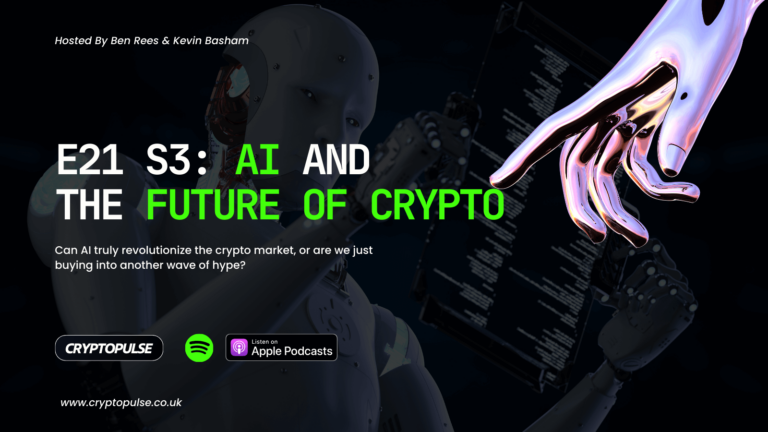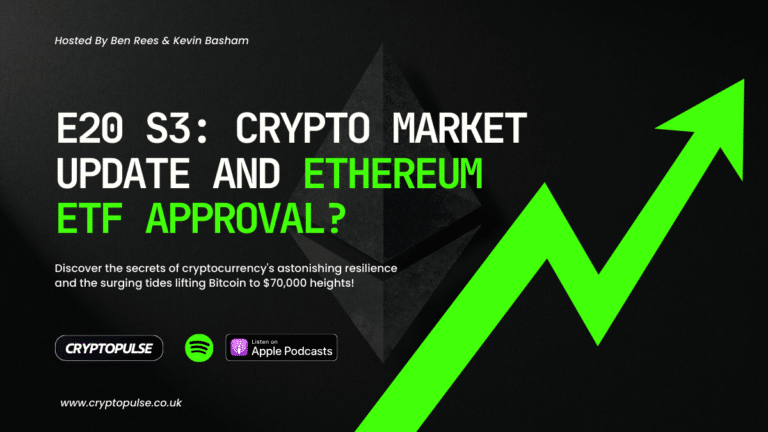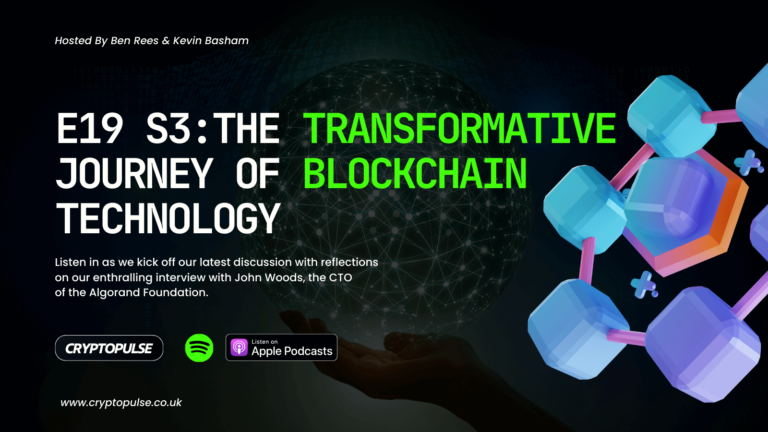Unless you’ve been living under a digital rock recently, you will have heard people on the news, and on your various social media feeds talking about how Facebook allowed the personal data of about 50 million people to be harvested by a political consultancy.
This harvesting had a dramatic effect on the US election, and Brexit, as well as other global events, thanks to Cambridge University student Aleksandr Hogan, who used a third-party app to take all of this data and transfer it to Cambridge Analytica for commercial and political use. Hogan was also the whistleblower for his own work.
In Episode 16 of the podcast, we discussed this very subject. You can listen here:\
Since this has happened:
- Mark Zuckerberg said “I’m really sorry that this happened”.
- Facebook COO Sheryl Sandberg said “We know that this was a major violation of people’s trust, and I deeply regret that we didn’t do enough to deal with it.”
- Facebook plans to audit and investigate thousands of suspicious apps
- An online petition called for Facebook to notify the 50 million people involved
- Facebook restricts third-party access for developers
- Zuckerberg stated that Hogan and Cambridge Analytica said that the data had been destroyed back in 2015
- Jonathan Albright, a research director at the Tow Center for Digital Journalism said “This problem is part of Facebook and cannot be split off as an unfortunate instance of misuse. It was standard practice and encouraged. Facebook was literally racing towards building tools that opened their users’ data to marketing partners and new business verticals. So this is something that’s inherent to the culture and design of the company.”
Facebook’s weak apology
Zuckerberg may not be a media darling, but when you make a monumental error, like, I don’t know, accidentally giving 50 million sets of personal data to an organisation that is hell-bent on changing the world through influencing elections, you should probably grovel for mercy. The ‘Zuck’ doesn’t seem all that bothered, saying “We also made mistakes, there’s more to do, and we need to step up and do it.”
How this scandal affected Trump’s rise to power
Both horrifying and impressive (from a growth hacking perspective), Cambridge Analytica took that data, performed intensive survey research, data modelling and performance-optimisation algorithms, and used it to get billions of views from around 10,000 different adverts in the build-up to the election.
Despite Trump’s campaign building up a lot of momentum by the time Cambridge Analytica joined his team in June 2016, he did not yet have a data-led political campaign strategy that used the techniques listed in the previous paragraph. This is how Cambridge Analytica came to influence the elections, and if you remember how close Hillary Clinton was to victory, you could say that this data harvest was the difference.
It is reported that Clinton was so confident of winning, that they gave up their Election Day masthead on the youtube.com homepage. Trump’s campaign paid for the space and posted ads depending on the state. Another part of their campaign sent anti-Clinton ‘facts’ to her swing state supporters.
What data does Facebook have on you?
- Everything on the site – Your name, age, marital status, employment history etc
- Everything you do on the site – likes, shares, follows, friends, photos, updates etc
- Everything their trackers see – the websites you visit, for example, so that they can give you better adverts
Facebook will actually give you all of this data, on request, here.
How can blockchain solve this problem?
This is what you’ve really come to see – our take on how the blockchain can provide a solution to Facebook, a platform that has famously shunned the cryptosphere of late. Could it be a famous scenario, where Facebook’s lack of interest actually blossoms into a love obsession? We think it can, but not on its own.
Facebook is broken, it is a centralised organisation that can deeply impact our frail society, as we have proved in this article. But, what if the blockchain could help users regain power over their content? Here’s an example, instead of giving your photos to Facebook, you’d share them on the blockchain with the certain people that you want to see them, and that could be your entire friends list, the difference being that the photos would still belong to you.
The problem at this stage is that the blockchain has not really got invested in mainstream social media technology, and so at best right now, it would only offer increased data transparency, meaning you’d be able to see that Facebook sold your data to an advertiser, but you couldn’t actually do anything to stop that transaction in the first place.
Another problem exists. Does Facebook want to be fixed? It is a user-generated utopia for marketers unlike any other in the world, and for that reason, they make an absolute killing from advertisers. Change the structure, and you might risk the income. Facebook turns our personal data into advertising slots, and claim that they are the only ones trusted to safely extract value from this. It’s now evident that they’re wrong. It’s evident that the blockchain needs to create a social media that can actually rival Facebook.
Check out this video to see some of the supporters of the #DeleteFacebook movement.
What solutions has the blockchain already developed?
We’ve picked out three ingenious ideas for combining social media and the blockchain.
First up…
Indorse.io
Indorse is branded as ‘The Decentralized Professional Network’ that promises to create a revolutionary platform for the skills economy. It sounds great, especially as it’s made on Ethereum and based on two key issues: skills validation is very tough to do in the unregulated online world, due mainly to bias and fraud, and, you have to give up too much personal data when signing up for most social media sites. Indorse believe that users often get nothing in exchange for their data, which is unfair.
So how did they solve these issues? –They explain that ‘Indorse uses different methods to validate skills in a simple and objective way, for example: Decentralized consensus, where examples of skill are judged anonymously by random other users. Or A.I. based systems like chat bots for automated real-time validation.’
‘Users are rewarded for their activity on the platform with IND tokens. These tokens can later be traded or used on the platform to purchase services like advertising, or company pages with validated connections.’
investFeed
We welcomed crypto-expert Phillip Nunn on episode 14 of the Crypto Pulse podcast, in which he mentioned investfeed, which is ‘a cryptocurrency epicenter combining a rich base of enthusiasts, investors, and innovators all looking towards the goal of revolutionizing the way we invest in and develop blockchain technology.’
Essentially, it’s a blockchain social media for people interested in the blockchain, so no pictures of your colleague’s dinner or baby photos from your old classmates.
Who is it for? – It’s for anyone who wants to use an open, transparent, and rewards-based platform for all users and content contributors. They welcome all newcomers, professionals, projects, journalists, or news outlets to join the community.
What’s their mission – “As we slowly reach beyond web 2.0 — the age of user-generated content and interoperability — we wish to use blockchain technology to be in the Vanguard of web 3.0 development. The development of our singular gateway for the crypto-community seeks to reward users who contribute towards our common goals of transparency and democracy.” – Ronald Chernesky, CEO of investFeed
Steemit
‘Your voice is worth something’ – these are the first words you see on their website, and it’s clearly something that Facebook could learn from. Are we worth more than likes and data breaches? Who knows.
What is Steemit?- This blockchain based social media site is a ‘living, breathing and growing social economy’ where content creators can be rewarded for sharing their stories. Gain people’s attention to really earn.
How does Steemit work?- The site has its own STEEM cryptocurrency, and its own blockchain platform which even hosts a range of other sites whose content gets sent to Steemit too. All the content goes to a ledger and each day new STEEM tokens are minted and added to a community reward pool, from which the most voted-for writers will earn. Users who have more tokens will get to decide who gets more tokens, through a concept called ‘Steem Power’.
Like Indorse.io and investFeed, Steemit is sharing the rewards with the users, and too right!
Did we miss something important from this blog? Email us at hello@cryptopulse.co.uk to let us know



